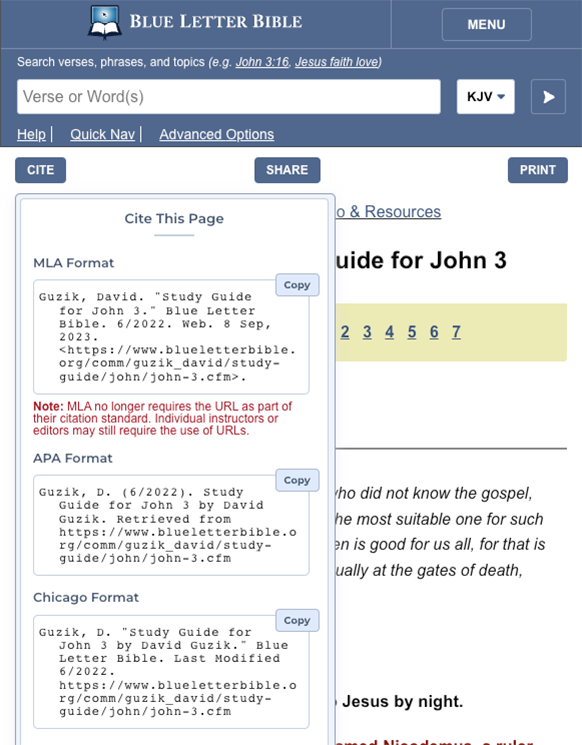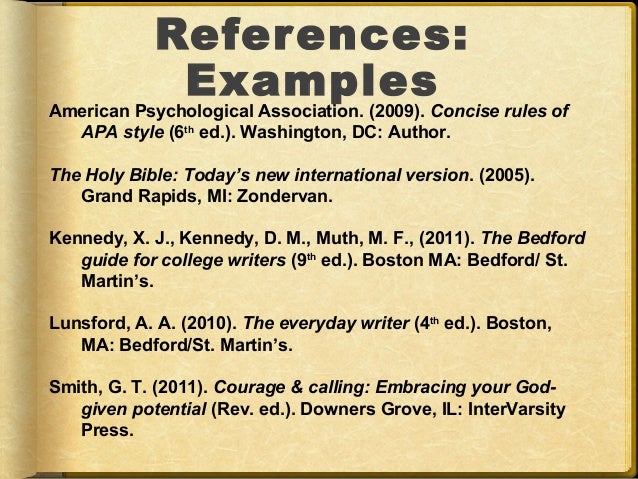Ever tried quoting the Bible in a paper? It can feel like navigating ancient scrolls! But trust me, it's totally doable (and kind of fun once you get the hang of it).
Why Quote the Bible Anyway?
Sometimes you want to add some serious weight to your arguments. Or maybe you’re analyzing a religious text itself.
Quoting the Bible adds a unique dimension to your work. It shows you've done your research and connects your ideas to a bigger conversation.
Plus, who doesn’t love a little intellectual flexing?
APA: Your Friendly Guide
APA style. Sounds intimidating, right? It's just a set of guidelines. Think of it as a rulebook for academic writing. It helps keep things consistent and clear.
APA helps you give credit where it's due. This avoids plagiarism and makes your work super credible.
Seriously, APA is your friend. It’s there to help, not haunt you!
The Basics: Verse, Chapter, Book
The Bible is divided into books, chapters, and verses. Think of it like a really, really long novel with numbered sections.
So, a typical quote might look like this: (John 3:16). “John” is the book, “3” is the chapter, and “16” is the verse.
Easy peasy, right?
In-Text Citations: The Quick Reference
When you directly quote the Bible, you need an in-text citation. This little nugget of info goes right after your quote in parentheses.
Here's the format: (Book Chapter:Verse). Example: (Genesis 1:1).
If you're using a specific version of the Bible, add that too. Like this: (New International Version, Genesis 1:1).
Reference List Entry: The Full Details
Your reference list is where you give all the nitty-gritty details. It's at the end of your paper.
The format looks like this: The Holy Bible (Version Used). (Year). Publisher.
For example: The Holy Bible (New International Version). (1984). Zondervan.
Variations to Keep in Mind
Different versions of the Bible exist. New International Version (NIV) is popular, but there are tons more.
Make sure you specify which one you're using. This avoids confusion and keeps your citations accurate.
Also, if your quote is super long (like, over 40 words), you need to use a block quote. This means indenting the entire quote. And skip the quotation marks!
Why It's More Than Just Rules
Quoting the Bible isn’t just about following rules. It's about engaging with a text that has shaped cultures and beliefs for centuries.
It's about adding depth and context to your arguments. It shows you’re thinking critically and creatively.
Plus, mastering APA style shows you’re a serious scholar. High five!
So, dive in! Explore the world of biblical citations. You might just surprise yourself. And hey, at least your paper will be biblically accurate!





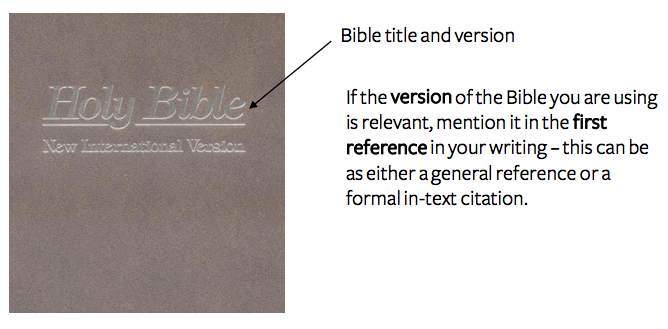

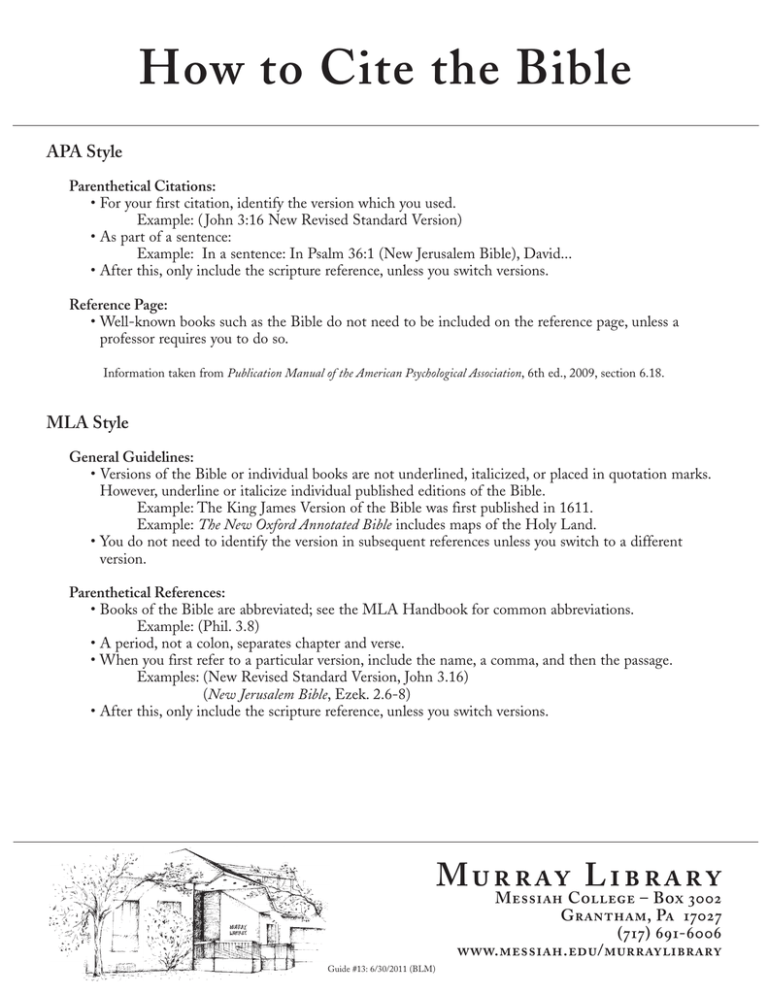
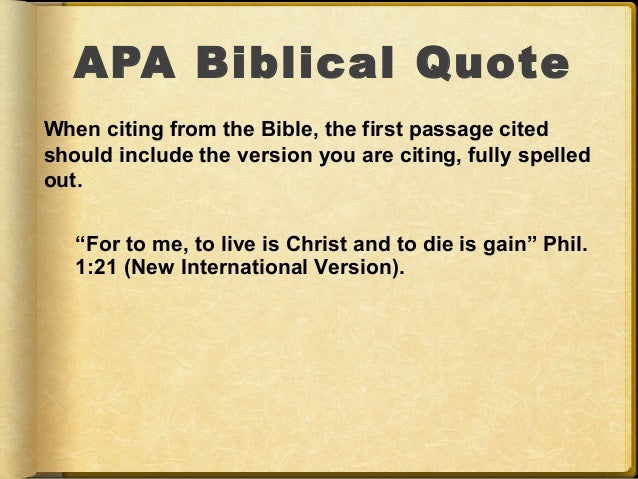

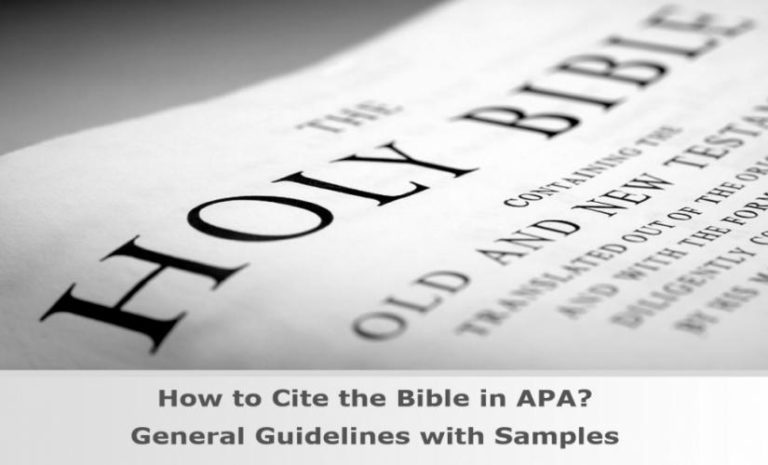


![How to Cite the Bible in APA [Full Guide] | WPS Office Blog - How To Quote The Bible Apa](https://res-academy.cache.wpscdn.com/images/seo_posts/20250604/b0fc1aa5d9c3d99c8cd3a8b291cf5008.png)
